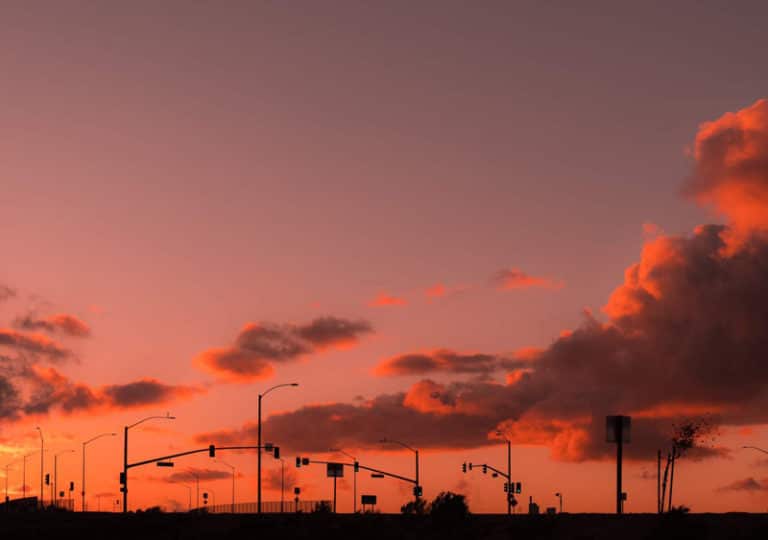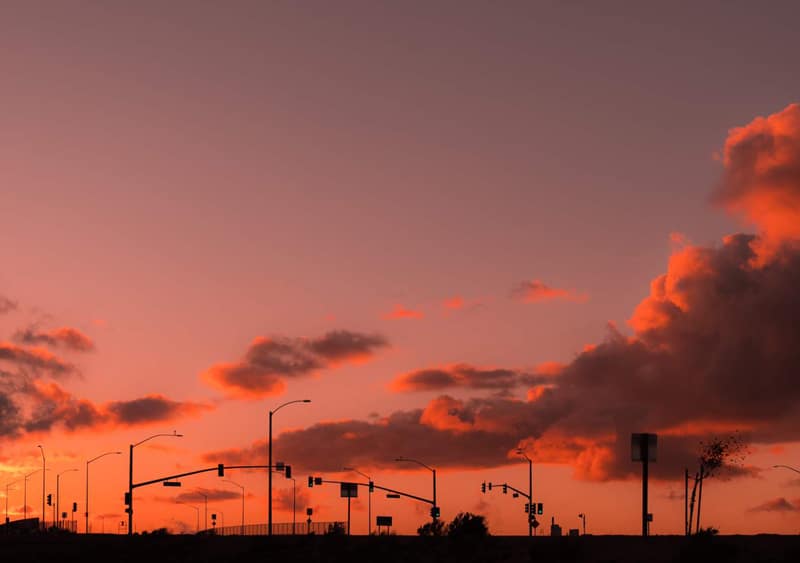
Opinion
Eradicating urban loneliness and isolation, one city at a time
By Yair Oded
We’ve all been there. Coming home after a gruelling workday to an empty apartment. Some of us might be greeted by a roommate we may or may not tolerate, although that does not guarantee we’ll be spared the horror of dozing off to Netflix alone in our room with our tummies full to the brim and a stubborn thirst for human interaction.
Cities now house over 4 billion people across the world, and their density is only expected to increase in the coming decades. Yet while cities offer an ever-expanding range of business, networking, and creative opportunities, they also spawn unmatched feelings of loneliness among its residents. Global co-living developer and operator The Collective offers a tangible solution to urban isolation in a growing number of cities around the world—currently running one successful communal living site in London, with a second due to open in Canary Wharf in September, and one in New York City. The 300-strong team is headquartered across New York, London and Berlin, and has raised more than $850 million to fund its growth across the U.S., U.K and continental Europe.
Founded in 2010 by Reza Merchant, The Collective seeks to create a new landscape of urban living—one that is affordable, sustainable, safe, and integrated. One of The Collective’s primary goals is tackling the isolation prevalent in cities and utilising their facilities and resources in order to foster a growing community of people from diverse backgrounds who interact with one another in various spheres and are engaged with their surroundings.
The urban loneliness pandemic becomes a mental health hazard in a growing number of cities. A report compiled by the Kaiser Family Foundation indicates that two in ten adults in the U.S. reported loneliness or isolation, with 50 percent of those claiming they had either one close friend or none whatsoever. A different survey by the insurance company Cigna reported that young adults between the ages of 18 to 22 are in fact the loneliest generation, while in London 52 percent of residents feel lonely, according to a 2013 survey by ComRes.
This widespread loneliness results from a confluence of factors. In part, this is a side-effect of our culture and lifestyle, namely our device addiction and workaholism. To a great extent, however, such loneliness is caused by urban planning traditions that perpetuate segregation and thwart social interaction, through the elimination of communal spaces like parks, gardens, and city squares. The Collective strives to eradicate this phenomenon through its unique design, programmes, and events.

The Collective buildings combine private units and communal spaces, thus encouraging social interaction while maintaining the members’ sense of privacy. Among these are co-working spaces to which members have access 24/7, and where they can merge their career development with networking and socialising opportunities.
“We’ve welcomed members from all walks of life, with each getting much more than just a roof over their head,” Reza Merchant, The Collective’s founder and CEO, told Screen Shot, adding that, “Their shared experiences enrich each other’s lives, whether that be collaborating on work, forming new friendships, falling in love, or just simply hearing different stories over dinner”.
In addition, The Collective hosts various events and workshops at its facilities—from music gigs to coding bootcamp—to which residents can join, often free of charge.
The Collective’s agenda of tackling urban loneliness doesn’t end within the confines of its buildings, however. Through The Collective Foundation, their non-profit arm, the organisation operates and funds outreach and social empowerment missions in urban communities around the world, promoting social equality and engagement, as well as economic opportunities, health, well-being, and sustainability.
“One of our key themes is Social Integration,” The Foundation’s director Andre Damian told Screen Shot, adding that, “The Foundation supports initiatives that create opportunities for people from different backgrounds to meet each other, and that help to break down the barriers that exclude people from participating fully in society”.
Referring to the The Foundation’s effort to uplift The Collective’s surrounding communities and integrate them with the initiative’s residents, Damian stated that, “At our first co-living scheme in Old Oak, West London, we stitched the development into the existing fabric of the neighbourhood and created shared amenities that both our members and local people could enjoy, such as a canalside bar and restaurant and a range of spaces which can be hired out for free. Currently, those spaces are used for a variety of activities for local people, including yoga classes and community meetings”.
Damian adds that, “In the near future, we hope to support initiatives in every city and neighbourhood that The Collective has, or will have a presence in. We will launch volunteering and giving programmes that will allow members to have an opportunity to give back to their community and feel a stronger sense of belonging to it”.
In both the U.K. and the U.S., those most affected by loneliness in cities are low income and marginalised communities, with municipalities repeatedly discriminating against them in resource allocation and funding of communal spaces projects. The Collective has set a mission to tackle this problem by empowering communities that are susceptible to isolation and neglect. “In London we are currently supporting InCommon,” says Damian, “a social enterprise that bridges generational divides and tackles loneliness amongst older people by taking groups of primary school children into retirement homes to learn from their elders. Globally, we’ve supported a Brazilian non-profit that promotes LGBT+ inclusion and a platform in South Africa that brought new mothers together”.
Eradicating urban loneliness and isolation will take drastic shifts in attitude by the residents of communities, the authorities in charge of urban planning and resource allocation, as well as corporations, entrepreneurs, and developers who, through their investment, have enormous power to craft both the physical and social landscape of cities. It is initiatives such as The Collective, however, that do not only raise these issues to the surface, but also provide practical and holistic solutions—showing us that tight-knit urban communities can, and should, become a reality.
This is the third article of a three-part series looking at co-living and what the future of this new trend will hold.




